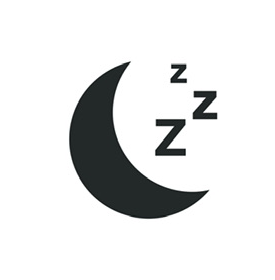
According to a published report, the rich world suffers from a significant sleep deficit global nightmare.
The average American adult snoozes almost two hours less than their great grandparents did. More than a third of Americans get less than seven hours of kip a night. The resulting fatigue has been linked to Alzheimer’s disease, hypertension and other ailments. It may cost America’s economy as much as $400bn a year, according to one study. Other wealthy countries are similarly sleepless. Consumption of alcohol and caffeine are partly to blame, as is exposure to phone and computer screens. Ironically, people are turning to some of those same devices for help.
Sleep is essential to human health. It takes up around one-third of people’s lives. And yet surprisingly little is known about it. Understanding of how sleep varies across countries is particularly limited. It is well known, for example, that people in east Asia tend to sleep less than those in America or Europe, but not whether the quality of their sleepis better or worse. Surveys show that some countries are peopled by night owls, but others by early birds. But why this is so remains an open question.
A new paper attempts to fill some of the gaps. Using anonymised data collected from a popular wearable device between January 2021 and January 2022, researchers from the National University of Singapore and Oura Health, a Finnish sleep-tech startup, analysed the sleep habits of more than 220,000 people across 35 countries. Whereas sleep research has historically relied on survey data collected from a small number of people at a single point in time, sleep-tracker apps can track sleep objectively,